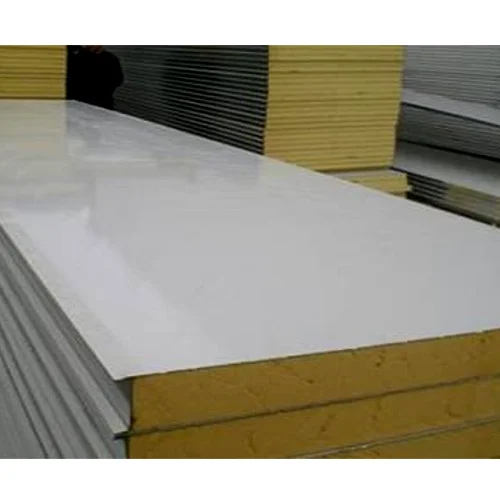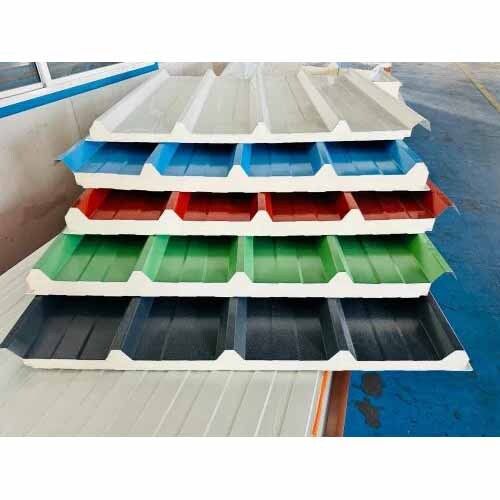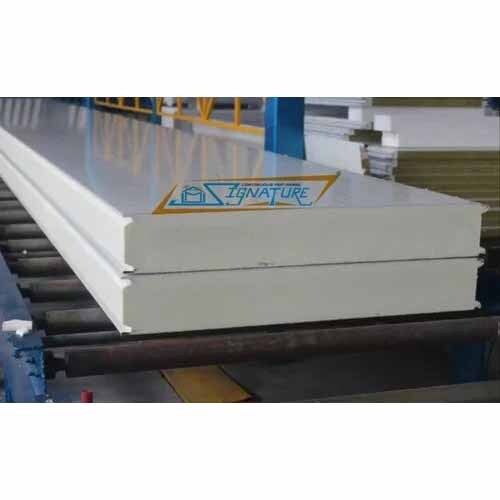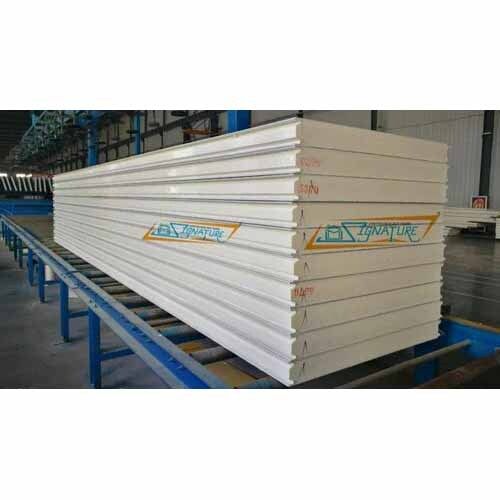Trusted company that deals in quality-made products
- PUF Panels
- Insulated Roof Panels
- Porta Cabins
- Prefab Shelters
- Bunk Houses
- Cold Storage Room
- Labour Huts
- Double Storey Building
- Cold Room Storage Doors
- Operating Theatre Room
- Insulated Panels
- Prefabricated Buildings
- Sandwich Panels
- Walk In Freezer
- Roofing Sheet
- Prefabricated House
- Portable Cabin
- Prefabricated Structure
- Puf Sandwich Panel
Polyurethane Foam Insulated Panel
1000 INR/Square Meter
Product Details:
- Material Metal
- Type Polyurethane Foam Insulated Panel
- Thickness 40-150 mm Millimeter (mm)
- Click to View more
X
Polyurethane Foam Insulated Panel Price And Quantity
- 500 Square Meter
- 1000 INR/Square Meter
Polyurethane Foam Insulated Panel Product Specifications
- Polyurethane Foam Insulated Panel
- Metal
- 40-150 mm Millimeter (mm)
Polyurethane Foam Insulated Panel Trade Information
- 10 Days
Product Description
Get a robust and aesthetically pleasing Polyurethane Foam Insulated Panel designed to construct various prefabricated structures. It is commonly used to build prefab buildings where it is required to maintain a desired temperature within the space. Advanced production methods and CNC machines are used for the fabrication and finishing of the offered panel, making them free from manufacturing flaws. The size and shape of this top-quality insulated panel can be customized as per the areas where it is going to be installed. Polyurethane Foam Insulated Panel designed by us is known for its high strength-to-weight ratio with excellent thermal insulation. The lightweight design of this structural element makes it easier to handle during transportation and installation. The versatile nature of Polyurethane Foam Insulated Panel makes it ideal for residential, commercial, and industrial buildings. Order from us this elegant study panel with a minimum order quantity of 50 square meters at a reasonable and low price.
FAQs of Polyurethane Foam Insulated Panel
Polyurethane Foam Insulated Panels offer higher insulation values per inch compared to traditional insulation materials like fiberglass or mineral wool. They also provide airtight construction, minimizing heat loss and air leakage.
FAQs of Polyurethane Foam Insulated Panel
1. What are Polyurethane Foam Insulated Panels?
Polyurethane Foam Insulated Panels are construction panels with a core of polyurethane foam sandwiched between two layers of metal, used for efficient thermal insulation in buildings.2. What are the advantages of using Polyurethane Foam Insulated Panels?
These panels offer excellent thermal insulation properties, helping to reduce energy costs. They are lightweight yet strong, easy to install, and provide a seamless barrier against moisture and weather elements.3. Where are Polyurethane Foam Insulated Panels typically used?
They are commonly used in commercial and industrial buildings, cold storage facilities, and residential construction for walls, roofs, and floors where thermal efficiency is crucial.
4. How do Polyurethane Foam Insulated Panels compare to other insulation materials?
Polyurethane Foam Insulated Panels offer higher insulation values per inch compared to traditional insulation materials like fiberglass or mineral wool. They also provide airtight construction, minimizing heat loss and air leakage.Tell us about your requirement

Price:
Quantity
Select Unit
- 50
- 100
- 200
- 250
- 500
- 1000+
Additional detail
Mobile number
Email
Other Products in 'Insulated Panels' category
We mainly deal in Gujarat, Maharashtra, Rajasthan and Madhya Pradesh.







 Send Inquiry
Send Inquiry Send SMS
Send SMS Call Me Free
Call Me Free
